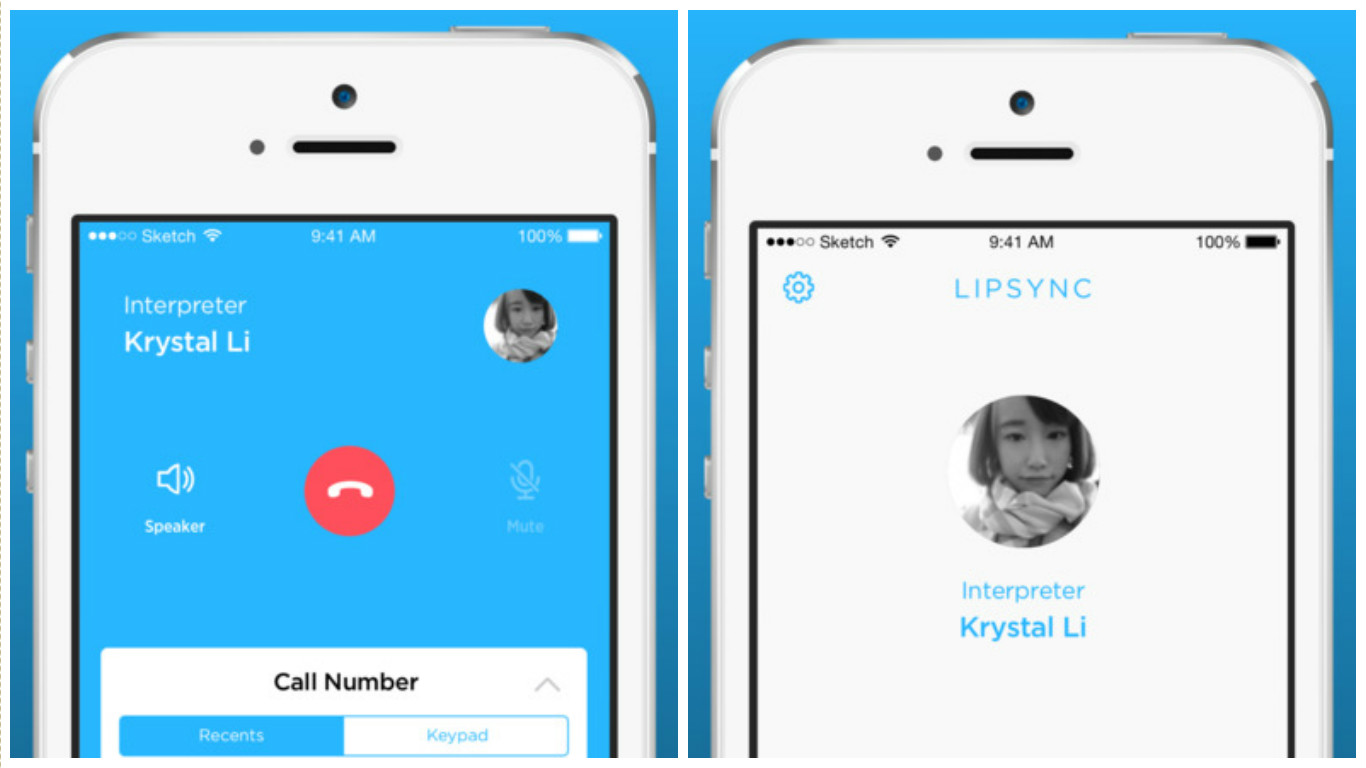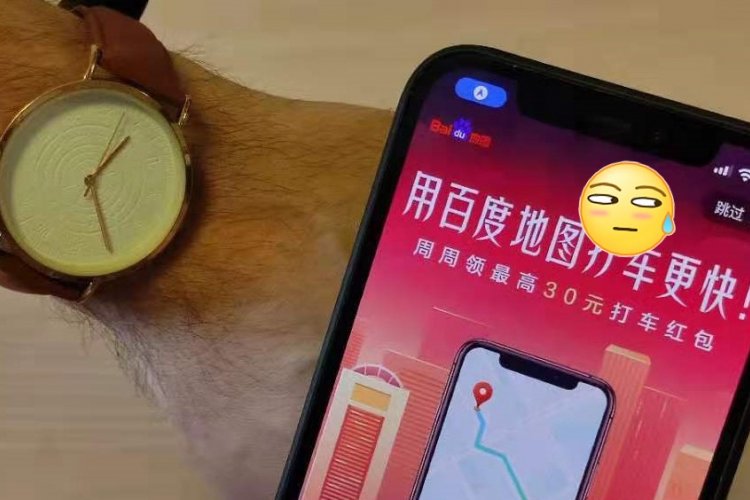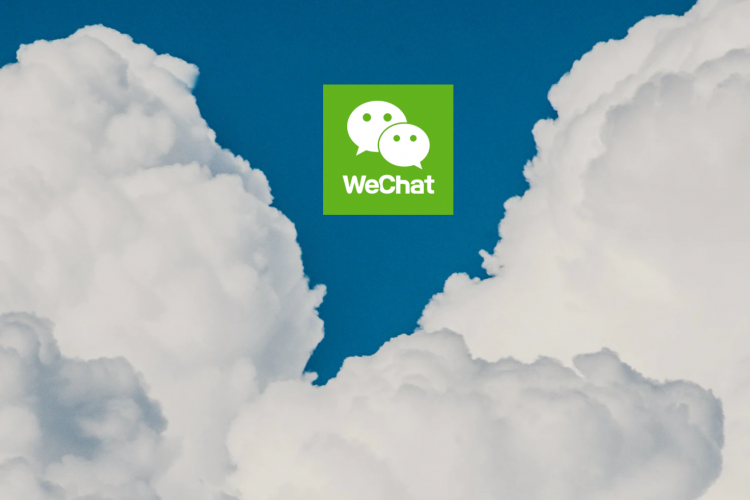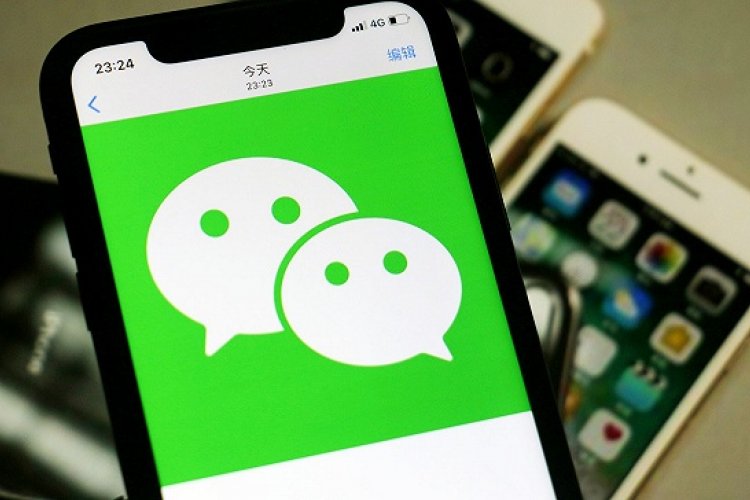Tech Check: LipSync App Aims to Break Through Language Barriers
Tech Check is a weekly column that runs every Friday to give you some more insight into Beijing's sprawling tech industry. For today's segment, we talk to Michael Park, CEO and founder of LipSync, a real-time interpretation app that aims to break through the language barrier many foreigners have in China, and provide employment opportunities for qualified translators.
Why did you find the need for this app?
Many expats and international business people who work in China struggle with the language barrier in a range of situations. Examples include running errands at the post office or bank, communicating with employees and colleagues, and talking with Chinese speakers on phone calls.
At the moment there are two main solutions that exist. The first is to use an automated translation app such as Google or Baidu Translate. These solutions aren't a problem if you have something simple to communicate, such as asking where the bathroom is. The problem with these apps is that, for more complex conversations, the translations are often incorrect or misleading, resulting in wasted time and confusion.
On the other end of the spectrum, you can hire an interpreter to follow you around and assist you in-person. This will ensure that the interpretation you receive is of high quality and accurate. If you are negotiating a multi-million-dollar deal, you should definitely get a professionally trained interpreter to work with you and your team, in-person. However, this option requires that you coordinate with the interpreter in advance and pay them for the time they are with you, regardless of whether or not they are actually doing interpretation work.
Ultimately, in between the two ends of this spectrum, a solution is needed that offers the on-demand convenience of Google Translate but the effectiveness of a real human interpreter. This is why we built LipSync: to help people become more independent navigating their lives in China.
Do you think increasingly more foreigners are coming to China without speaking Chinese? Or do you think the language barrier has always been the same?
With enough time and effort, any foreigner can eventually become fluent in Mandarin. The question is: is the tradeoff worth it? Is the time and energy spent on language proficiency worth the lost productivity in other areas of your business and life?
If anything, the number of foreigners who can speak Mandarin is increasing, particularly among millennials. However, the fact remains that Mandarin is an incredibly complex language that is very difficult to master. Many expats, travelers, and international business people simply do not have time to reach Mandarin fluency and need assistance from native speakers.
Moreover, many expats are able to speak Mandarin with some level of conversational fluency but lack the confidence to handle relatively complex tasks without the assistance of a native speaker. Thus, it’s not just a matter of whether the expat can speak the language, but whether his or her limited time and energy should be focused on navigating language barriers.
So far, what are the most common situations in which people are using this app?
The most common situations tend to be relatively complex personal situations and relatively simple business situations.
For example, there was a specific situation where a Belgian restaurant manager had to explain a new work schedule to his Chinese staff.
Conversations have typically lasted between 5-20 minutes, with personal situations on the shorter end and business situations on the longer end.
The scope and length of the conversations tend to fit within our spectrum of “too complex for Google Translate but too inconvenient to recruit an interpreter to show up in person."
The app is not just for face-to-face conversations but also for phone calls. With LipSync, users will be able to connect with an interpreter and then dial a mobile or landline phone number. This eliminates language barriers on phone calls as well as for face-to-face communication.
When are interpreters available on LipSync?
At the moment the service is available between 9am and 6pm, China business hours, on weekdays. We will be expanding the available service hours and days later this year.
How can people get involved if they’re bilingual and looking to make some extra money? What are the requirements?
We are interested in hearing from CATTI-2 level (or higher) certified interpreters who have at least three years of professional experience. They can get in touch with us at info@lipsync.io with a brief introduction and a link to their Linkedin profile. We have a plan to eventually release an “Uber X” version of our platform, which will cater to more casual conversations handled by bilinguals, but for now our recruitment will focus on certified interpreters.
To check out LipSync, you can download the iPhone app directly from the app store here. You can get the Android app from the LipSync landing page here.
More stories by this author here.
Email: margauxschreurs@truerun.com
Instagram: s.xuagram
Image courtesy of LipSync
Related stories :
Comments
New comments are displayed first.Comments
![]() Candy1988
Submitted by Guest on Tue, 10/04/2016 - 22:26 Permalink
Candy1988
Submitted by Guest on Tue, 10/04/2016 - 22:26 Permalink
Re: Tech Check: LipSync App Aims to Break Through Language...
I hope I can get that certificate in a year or so...
Validate your mobile phone number to post comments.







